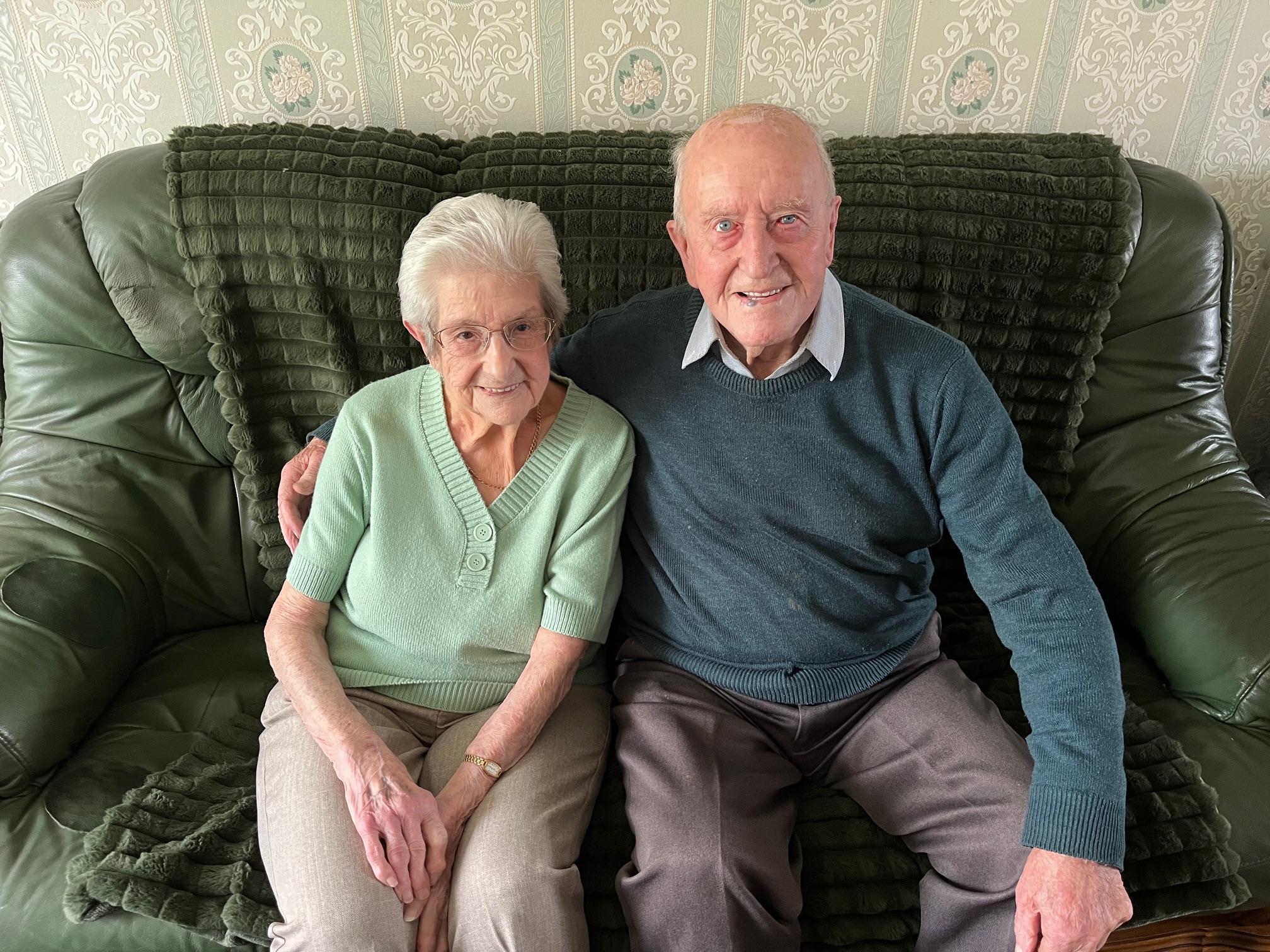South Holland is set to have more than 2,500 people living with dementia in the next 16 years.
Lincolnshire County Council is working on a draft strategy for dementia and the report reveals the statistics.
“Dementia profiles for Lincolnshire evidence that a number of risk factors are worse than at both national and regional levels,” the report says.
Estimates put the number of people in the county living with dementia at 11,289 as of 2015. By 2035 it jumps to 20,427.
“The growing proportion of people with dementia will continue to represent a challenge to all aspects of health and social care provision. Therefore it is important that we work together in local communities to develop and ensure new and innovative ways to support people with dementia and their carers,” the report says.
The previous joint strategy ran from 2014-2017 and achievements included: the Dementia Family Support Service which has helped more than 3,200 people and their carers.
There are also now eight Dementia Action Alliances in the county which are raising awareness and understanding.
Dementia is one of the top five causes of death in the country and two-thirds of those with the condition are female.
It is the leading cause of death in the over-80s age group.
In Lincolnshire £4.18m was spent in 2015/16 on short and long term care for people with memory or cognitive problems.
Among recognised contributing factors, a quarter of adults in Lincolnshire are classed as physically inactive. The number nationally is 20 per cent – in South Holland it’s more than 30 per cent.
Some 16.4 per cent of the county’s population was living with hypertension (high blood pressure) in 2016-17. The figure for England was 13.8 per cent.
The county also has 64 per cent of its population recognised as overweight or obese.
Over the course of a year, dementia is estimated to cost the country £26.3 billion and 850,000 are believed to be living with the condition.
The report says that over the next three years, the county will commit to working both with partners across Lincolnshire and across the country.
Among a list of pledges, the county council says it will: improve timely diagnosis; develop a prevention programme for vascular dementia awareness; improve the experience of those with the condition; ensure people with the condition and their family carers are supported and to work with a range of partners to ensure people benefit from personalised support after diagnosis.
The draft joint strategy will be going before members of the Adults and Community Wellbeing Scrutiny Committee on Wednesday in Lincoln.







